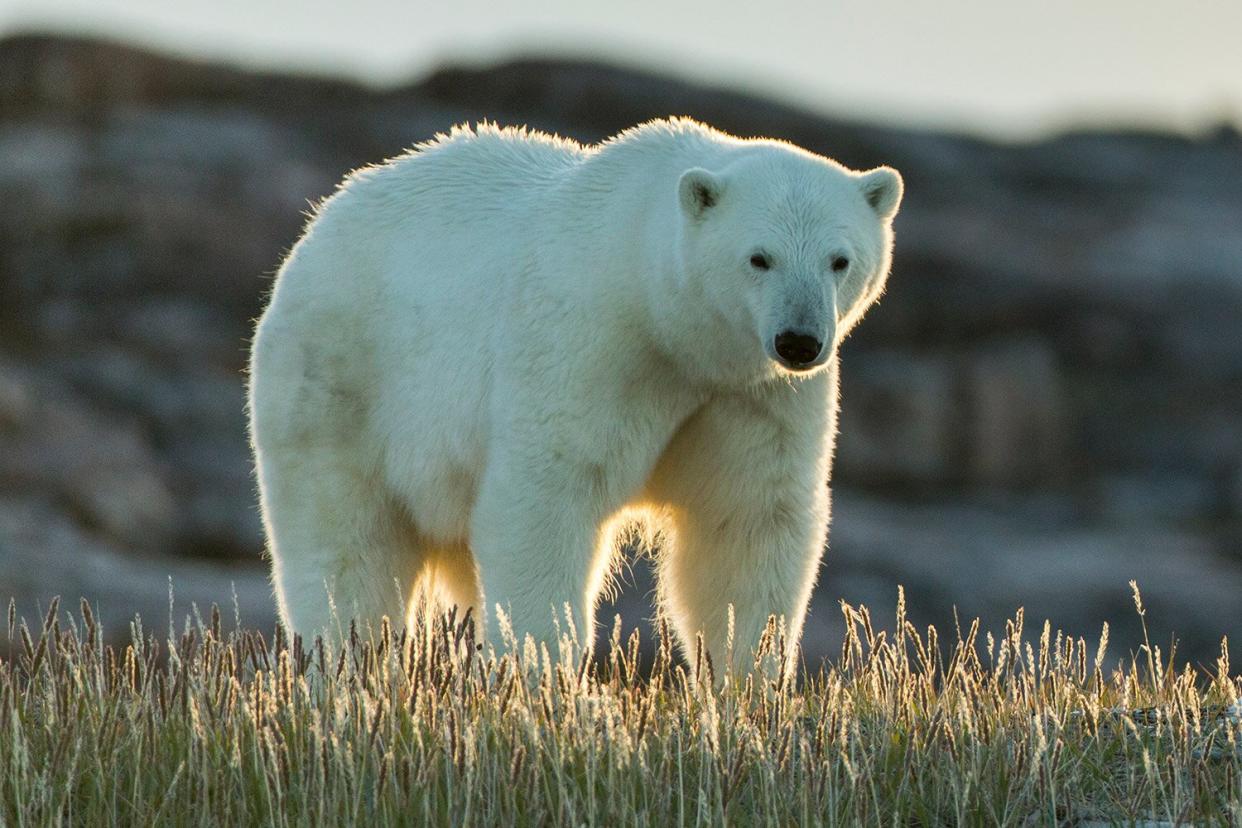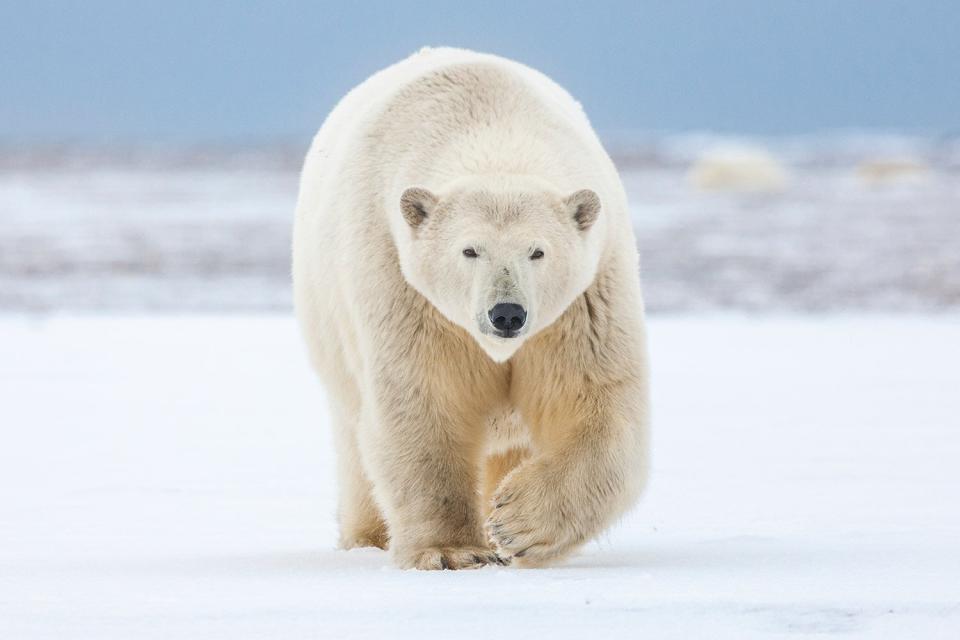Polar Bear Shot Dead After It Kills Woman and Boy in Alaska During 'Rare' Attack

Getty Polar bear
A polar bear has been shot dead after it killed a woman and young boy Tuesday afternoon in Alaska.
The bear chased "multiple" people before it was fatally shot by a resident during the attack in the town of Wales, which occurred around 2:30 p.m., according to a dispatch from the Alaska Department of Public Safety.
"Initial reports indicate that a polar bear had entered the community and had chased multiple residents," the report stated. "The bear fatally attacked an adult female and juvenile male."
The victims have not been publicly identified, the agency said, adding that next-of-kin notifications are "still in progress."
Never miss a story — sign up for PEOPLE's free daily newsletter to stay up-to-date on the best of what PEOPLE has to offer, from juicy celebrity news to compelling human interest stories.

Getty Polar bear
RELATED: Cannibalism on the Rise Among Polar Bears in the Wild, Researchers Say
"Troopers and the Alaska Department of Fish and Game are working to travel to Wales as weather conditions allow," DPS officials said.
Wales, a remote town of approximately 150 people, is located on the Seward Peninsula and is the westernmost point of the U.S. mainland, abutting the Bering Strait.
Experts believe that receding ice in the area may be to blame for the bear's interaction with the town, per the Anchorage Daily News.
"Over the past few decades, it's been very, very rare for those types of attacks to occur," Jessup McDermott, Alaska Nannut Co-Management Council executive director, told the outlet. "It's incredibly tragic it happened."
RELATED VIDEO: "Predatory" Black Bears Kill Two People Within Two Days in Alaska Wilderness
A 2017 study on polar-bear attacks found they were more likely to happen during the months of July through December, when ice covers the least amount of area.
In addition, the bears are listed as a threatened species under the Endangered Species Act due to the "current and predicted future declines" of sea ice, according to the Alaska Department of Fish and Game.
"Thinner ice and longer ice-free periods in summer may reduce the length of time polar bears have to hunt, and result in population declines," per the agency's website.
While fatal polar-bear attacks are very rare, a man was killed in 1990 in the North Slope village of Point Lay by a polar bear, which scientists later determined lacked "fatty tissue" and was showing signs of starvation.

